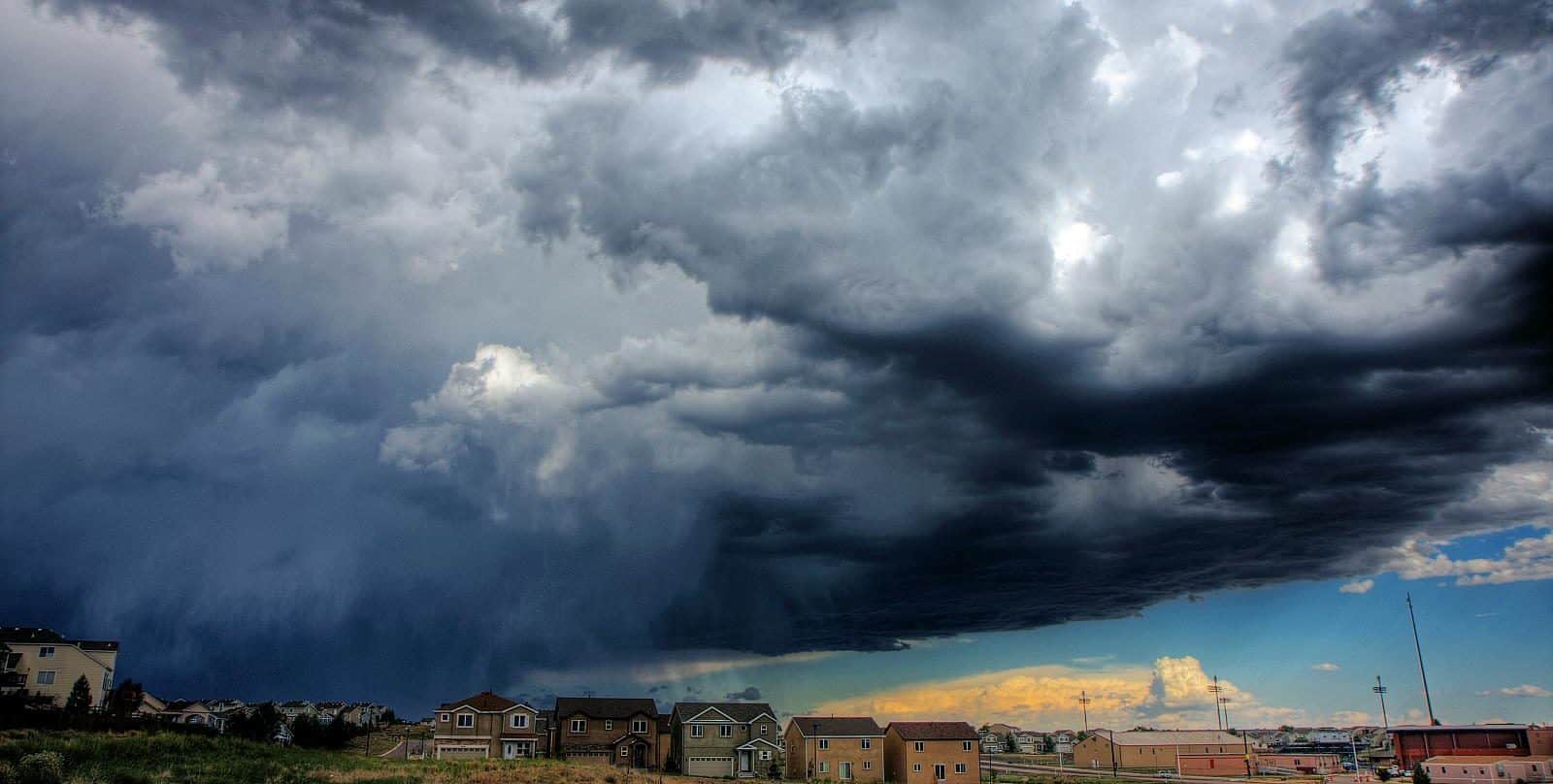The Resilience Conundrum
19 July 2019Resilience is an undeniably hot topic this summer. Hurricanes in the Gulf, torrential rain and flooding in the Midwest, and a heat wave across the East are making headlines. Climate change poses an existential threat and promises to keep delivering blows. More frequent and intense wildfires and floods. Deeper and longer droughts. Extreme heat and cold. Slow, but steady sea-level rise along coasts. As the likelihood and magnitude of both acute and chronic disruptions rise, more and more community leaders are getting motivated to protect their communities and make them resilient.
But what does resilience really mean? How do you know when you are “there”?
At Meridian, we define community resilience as the capability to anticipate risk, limit impact, and bounce back rapidly through survival, adaptability, evolution, and growth in the face of turbulent change.
We have seen firsthand that resilience-building produces intangible and tangible community benefits regardless of whether a disruption occurs. In work on the Gulf Coast after Katrina and with the Resilience Dialogues, I have seen how engaging people from all different segments of a community to better prepare for and respond to the unexpected makes communities stronger, no matter what befalls them. Working together to examine threats, vulnerabilities, strengths, and opportunities exposes entrenched challenges, fosters unlikely alliances, and builds social cohesion. Ideally it also leads to new plans, policies, programs, and investments that will make a recognizable difference.
Taking action to build resilience during times of normalcy is certainly better than awaiting catastrophe. The immediate benefits typically make the effort worthwhile – greater awareness of threats and vulnerabilities, stronger cross-sectoral coordination, and new partnerships. Yet there is a central conundrum that persists: How can a community know whether it is resilient until disaster strikes?
There is of course no way to truly know. Fortunately, however, there is a growing ecosystem of people and groups working to catalog, validate, and disseminate best practices. One effort is the Alliance for National and Community Resilience (ANCR), of which Meridian is a founding partner. In future posts, we will explore ANCR’s approach and others aimed at unraveling the resilience conundrum of “how do you know?” We look forward to sharing more insights from our work on community resilience and climate adaptation.

The Alliance for National and Community Resilience
Learn more about ANCR's innovative community self-assessment tool!